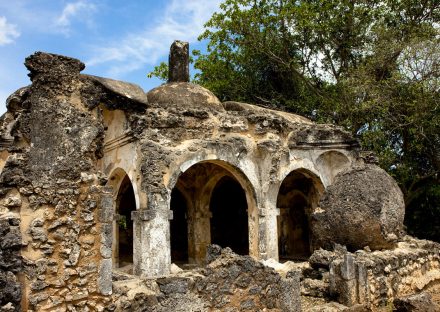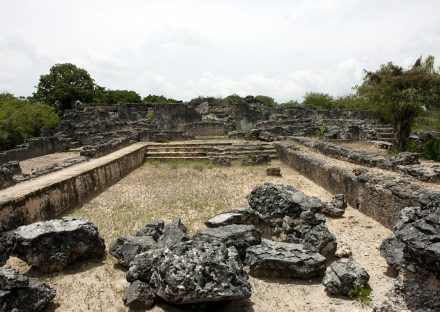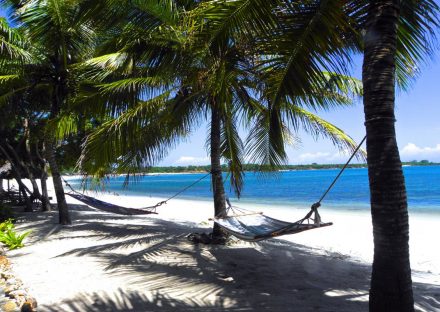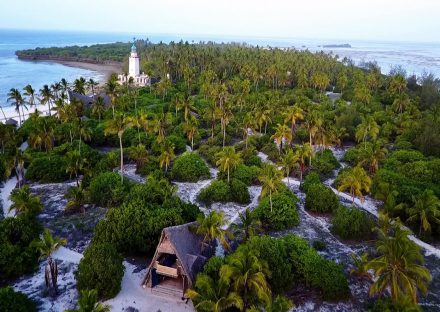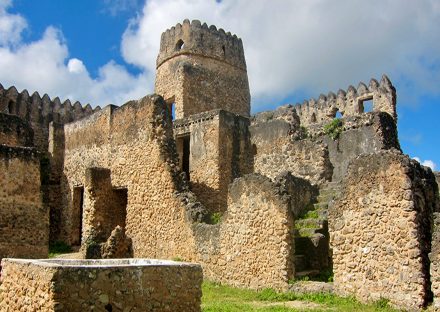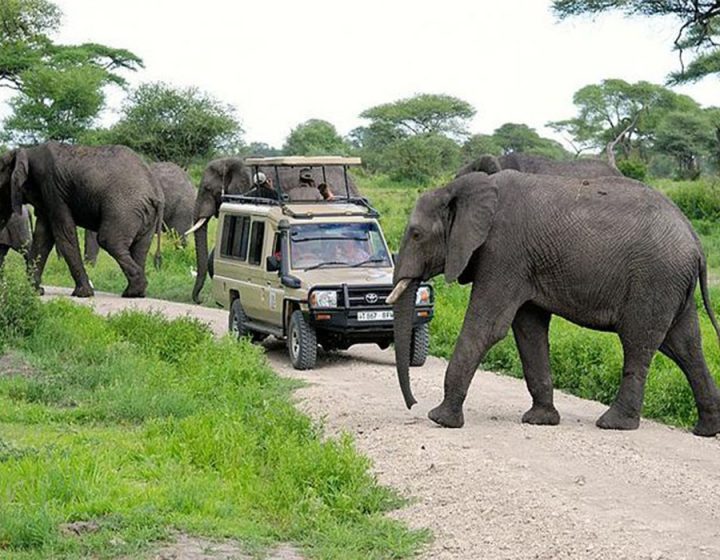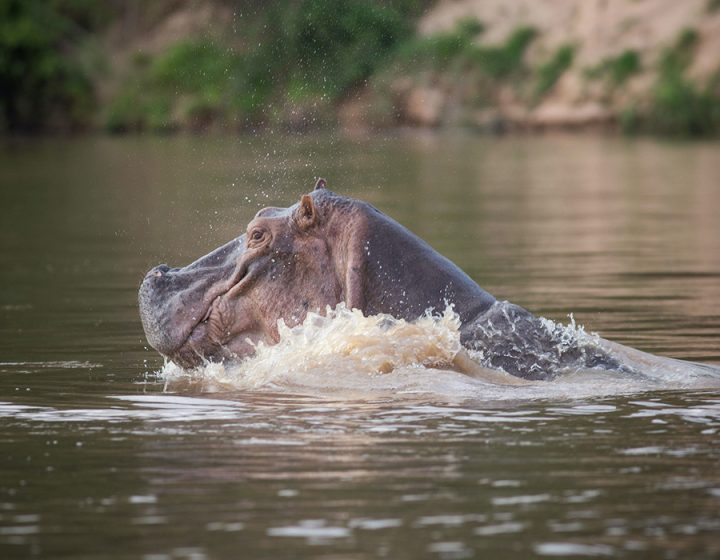Tour overview
KilwaKisiwani, located on the southern coast of modern-day Tanzania, is a prime example of how city-states in Africa developed and became wealthy while maintaining the autonomous rule. These city-states built connections to the rest of the world while maintaining cultural, political, and economic connections with each other. Kilwa was not a lone city-state on the East African coast; there were a number of other city-states on the Indian Ocean including Lamu, Mafia, and Zanzibar. These city-states formed the Swahili civilization and controlled the East African coast from the 9th century through the 17th and 18th centuries.
Kilwa and other East-African city-states demonstrate the universality of the city-state as centers of trade and commerce. The power of pre-colonial Kilwa and its place as a commercial entrepot is still evident in the ruins left throughout the island today. Monuments to Kilwa’s cultural and political influence, like the Great Mosque of Kilwa and the Palace of HusuniKubwa, still stand. The influence of Kilwa on the unique Swahili culture throughout the region remains clear.

